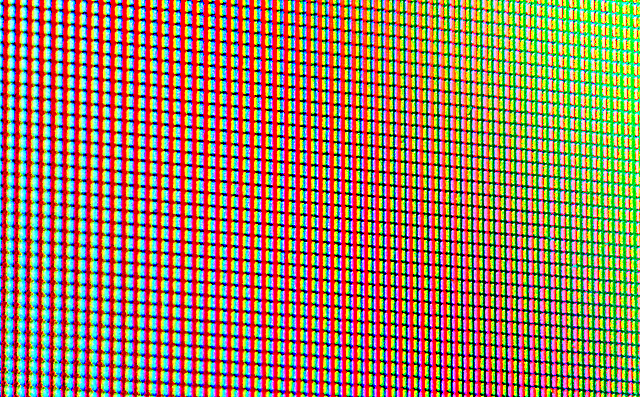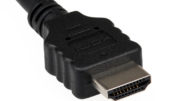Go into any decent quality hotel and you’ll find a fairly nice TV. Chances are it looks very much like any other TV. Turn it on and it does tricks your TV at home doesn’t do. It might let you get on demand movies, check out from your room, or play video from around the hotel. It may even connect to a panel on the wall that lets you connect to it via Bluetooth or HDMI.
What makes a hotel TV tick?
Hotel TVs can do everything regular TVs can do, obviously. Some of them don’t have tuners for over-the-air TV, but all are going to have cable TV tuners. That’s because most hotels use a headend system that puts the channels you watch in a specific order. In most cases, hotels pay for TV on a channel-by-channel basis, unlike regular people who have packages of channels. This means the hotel really isn’t going to want channels that no one watches.
The real differences come when you talk about what hotel TVs do very well — things regular TVs don’t do at all.
MPEG4
Hotel TVs generally have the ability to decode MPEG4 broadcasts over the cable. Traditional TVs only decode MPEG2. The MPEG2 standard was actually designed in the 1990s for DVD and it’s not very efficient by today’s standards. Hotel headends that use MPEG4 encoding (designed for Blu-ray discs in the 2000s but still better than MPEG2) can make better use of their equipment and deliver stronger signals to televisions for less money
Decryption
Many hotel TVs will have built-in decryption modules. It sounds stupid to regular people but companies like Disney and Time Warner are incredibly worried that you will check into a hotel for the express purpose of downloading and stealing their programs. Of course you don’t do that. That doesn’t matter though. The process of putting programming through a headend removes any encryption that the cable or satellite company has put on, so new encryption is added. Hotel televisions have special modules to decrypt it. Those modules are licensed, those licenses cost money. That’s why regular TVs don’t have them.
Passthrough
Hotel televisions are designed to work with special boxes that provide services like guest checkout. Those boxes are often mounted on the back of the TV and are referred to as (not surprisingly) Set-Back-Boxes (SBBs.) Because they are on the back of the TV regular infrared remote signal cannot get to them. For that reason, many hotel TVs often have a passthrough port. This lets infrared signals get to the SBB by using the TV’s own infrared port. Without this capability you would need an IR target on the TV, and that might look like an unsightly lump.
Is it better to buy a hotel TV?
If you have a hotel and you buy plain old TVs from a big box store, you can get a separate box (sometimes called a “terminator” that gives you all these functions. However, hotel TVs are usually only about $50-75 more than regular TVs of the same quality where the terminator boxes can by up to $200. It may seem like you’ll save money buying consumer TVs but the exact opposite is true. You’ll save money by buying the right thing for the right purpose.
By the way, if you’re looking for hotel TVs or any communications equipment for hotels, call the fine folks at Solid Signal who can help you get exactly what you need, even if you don’t know what that is. Our number is 888-233-7563. We’re here for you during East Coast business hours. If it’s after hours, no problem! Fill out the form below. We’ll get right back to you.





